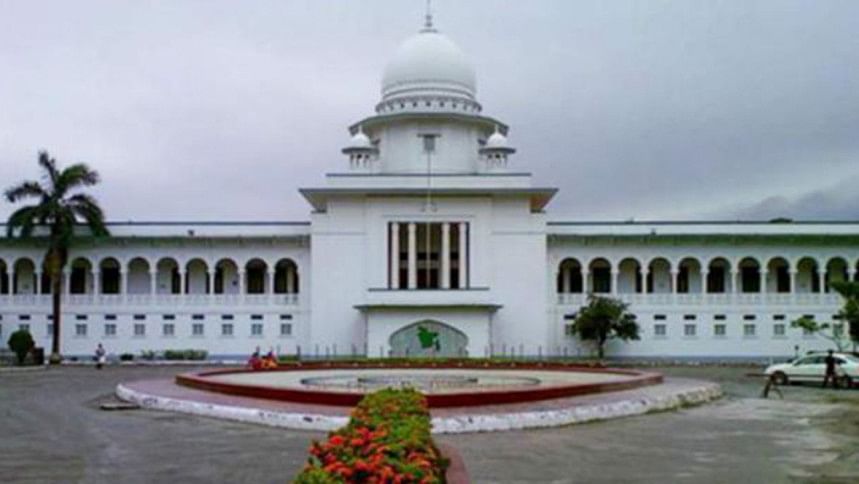Seminal HC judgement on ACC independence

In a seminal judgement, the High Court ruled on December 13 that the government cannot withdraw any corruption cases filed and moved by the Anti-Corruption Commission (ACC), nor can it recommend withdrawal of such cases from trial proceedings. We wholeheartedly welcome the judgement issued by the High Court following a revision petition filed by the ACC itself, and believe that, if realised, it will go a long way towards ensuring a functional, independent and efficient national graft body that can monitor and check corruption at all levels and in all sectors. However, we remain unclear as to whether the judgement will be applicable to cases that have been withdrawn recently and if they can be reopened again.
Although the ACC is an independent body as per the Anti-Corruption Commission Act 2004, it has unfortunately been subject to political and administrative control since its establishment. The government has reportedly recommended that the graft body withdraw over 7,000 criminal cases filed before the tenure of Awami League, and the recommendations for withdrawals have continued unabated during the current regime as well. The ACC has not been able to make up significant leeway when it launched crucial investigations into officials holding important positions within the government and/or ruling party, and have had to limit itself to pursuing petty graft allegations. It is no surprise then that the ACC has been rendered toothless, as a result of which public confidence in a critical institution is eroding.
Strengthening the ACC's institutional capacity and ensuring its independence is instrumental to promoting good governance and fighting corruption that has seeped insidiously into every public institution and the very fabric of society. Bangladesh continues to remain the 14th most corrupt country in the world, according to the Global Corruption Perception Index 2019 by Transparency International. If the government is sincere about its "zero tolerance" stance against corruption, it must take the High Court judgement seriously and ensure that it no longer protects individuals directly or indirectly related to ruling authority or interferes in the proceedings of the ACC in any way.

 For all latest news, follow The Daily Star's Google News channel.
For all latest news, follow The Daily Star's Google News channel. 



Comments